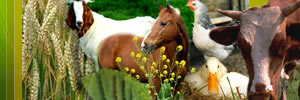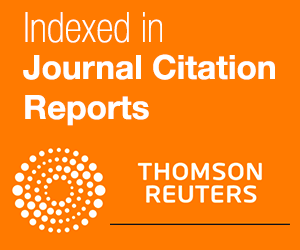APHIDICIDAL ACTIVITY OF DIFFERENT AQUEOUS EXTRACTS OF BITTER APPLE CITRULLUS COLOCYNTHIS (L.) AGAINST THE BIRD CHERRY-OAT APHID, RHOPALOSIPHUM PADI (L.) (HOMOPTERA: APHIDIDAE) UNDER LABORATORY CONDITIONS
Khalid A. Asiry*
Department of Biology, Faculty of Science, University of Hail, Saudi Arabia.
*Corresponding Author Email address: Prof_1974@hotmail.com.
ABSTRACT
The impacts of aqueous extracts from different parts (root, stem, leaf and fruit) of bitter apple Citrullus colocynthis (Cucurbitales: Cucurbitaceae), with five different concentrations, on controlling the bird cherry-oat aphid, Rhopalosiphum padi (L.) (Homoptera: Aphididae) were investigated under laboratory conditions. Results showed that the effects of the aqueous extracts from different parts of C. colocynthis significantly differed in reducing R. padi numbers. The stem caused a higher mortality of R. padi, compared to other parts, in which the mortality percentages of R. padi were 75%, 71.25%, 60%, 43.75% and 40% respectively, when the aphids were treated with the aqueous extract of stem at 100000, 1000, 10, 0.1, 0.001 ppm, respectively. Also, toxicological parameters including LC50, LC90, toxicological index and slope of the toxicity lines showed that stems of C. colocynthis were more potent in controlling R. padi, compared to other parts. LC50 values of stem, root, leaf and fruit of C. colocynthis were 0.0002, 0.024, 0.043 and 0.055 ppm, respectively. Stem was revealed to be more effective than root by 0.83%, leaf by 0.47% and fruit by 0.36% for controlling R. padi. This could be justified to a higher amount of some toxicants in the stem such as terpenoids, cucurbitacin, glycosides, flavonoids and other compounds that may have a positive effect in controlling aphid pests. This study suggests that more detailed, long-term studies on both the chemistry of C. colocynthis and its effects on the pests’ natural enemies are required before recommending its use as an alternative to synthetic pesticides.
Keywords: Bitter apple, Citrullus colocynthis, Botanical pesticides, Aqueous extracts, Rhopalosiphum padi, Aphid control. |





